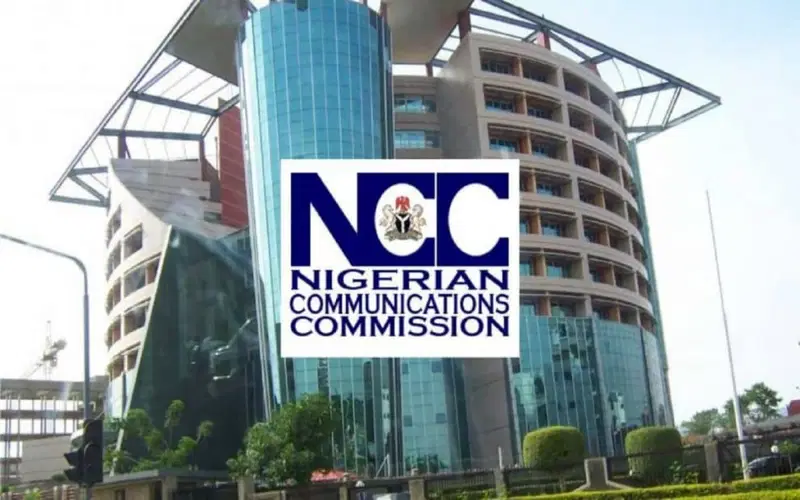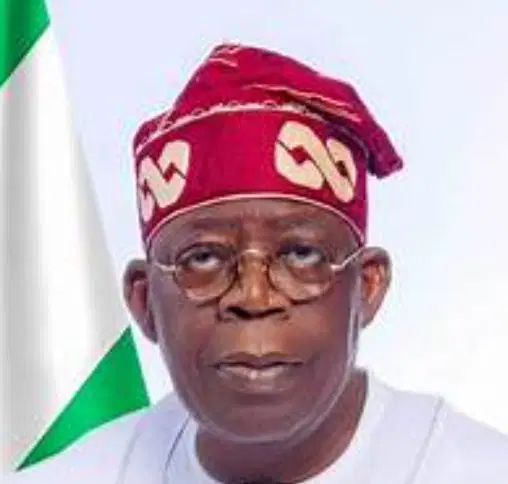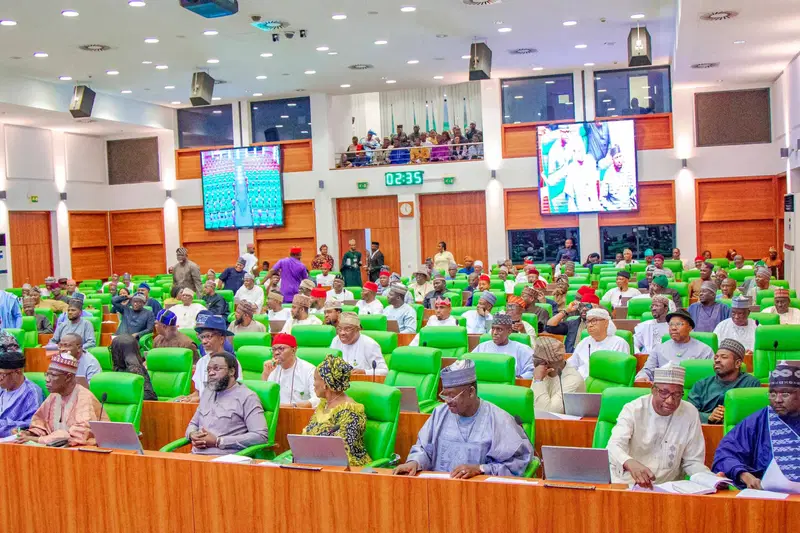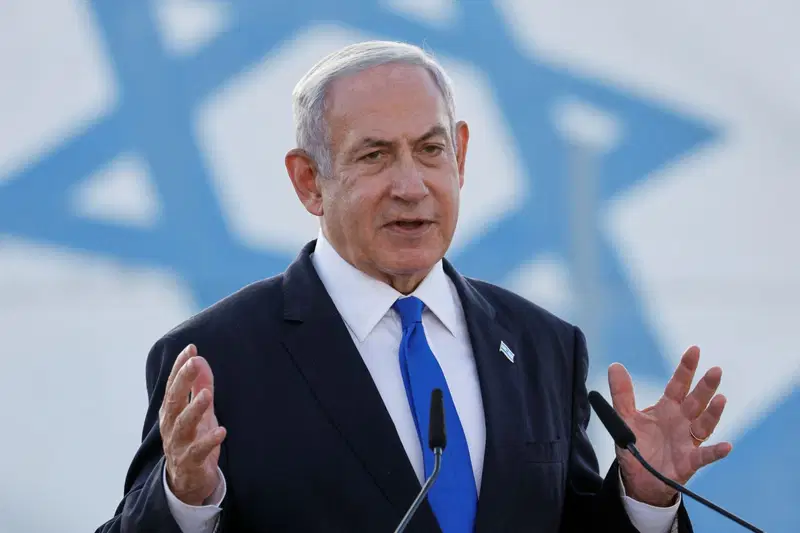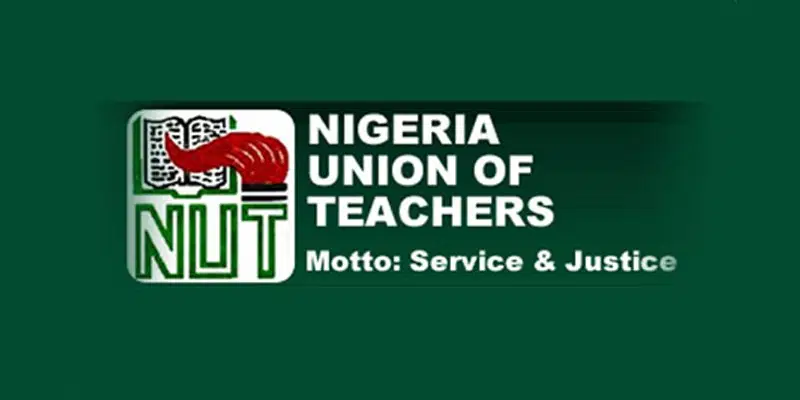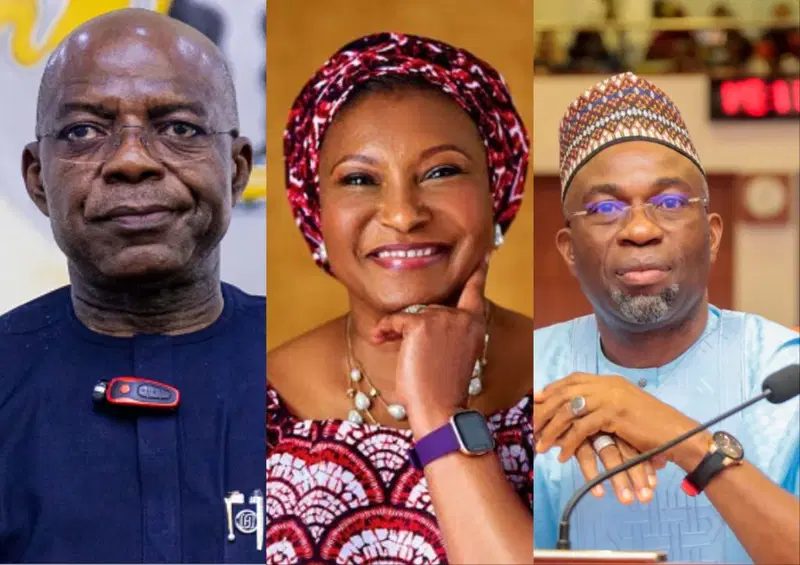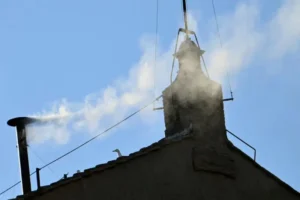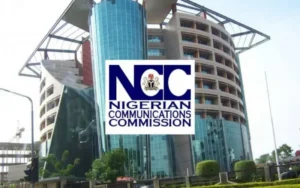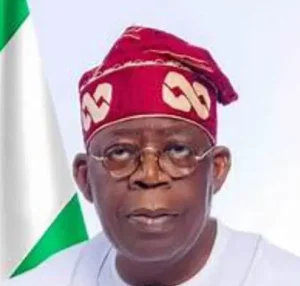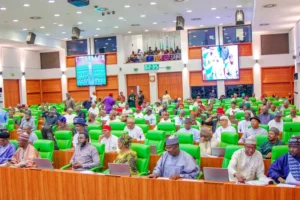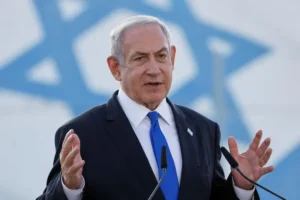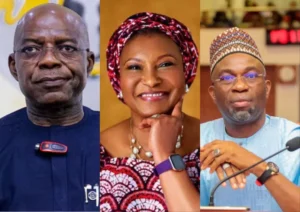Nigerians faced the unpleasant surprise of another increase in the price of Premium Motor Spirit (petrol), with prices now ranging from N1,030 to N1,200 per liter.This latest surge was driven by the Nigerian National Petroleum Company Limited (NNPCL) and the Dangote Refinery, owned by Aliko Dangote. In a significant development, NNPCL raised its fuel pump prices across retail outlets from N855 and N897 to N998 and N1,030 per liter in key areas such as Lagos and the Federal Capital Territory, Abuja. In Enugu, the situation was even more dire, with fuel prices climbing to between N1,200 and N1,300 per liter, as reported by Daily Post. This price hike represents the second increase since the Dangote Refinery began fuel distribution on September 15, 2024, with NNPCL acting as the sole buyer.
The recent rise in fuel prices has sparked significant concerns among Nigerians, many of whom are struggling with the economic ramifications of the increase.Just weeks after the Dangote Refinery commenced operations with an initial price of N898 per liter, NNPCL has raised the price to N977 per liter. This swift escalation highlights the volatile nature of the fuel market and the broader economic challenges confronting the nation.Billy Gillis-Harry, President of the Petroleum Products Retail Outlets Owners Association (PETROAN), shared his perspective on these developments in an exclusive interview with DAILY POST. He suggested that this latest price hike may indicate that the Nigerian government is responding to Aliko Dangote’s calls for action.”If indeed we listen to Aliko Dangote’s request in his Bloomberg interview on the fact that the president should remove subsidy completely and deregulate the downstream sector, maybe this is one step to ensuring that the Petroleum Industry Act is implemented,” he stated.Gillis-Harry emphasized that NNPCL, as a prominent player in the petroleum sector, seems to be signaling a shift towards deregulation.
He also expressed concerns regarding the practical implications of the price increases for retailers and consumers. “But even at that, if they are selling at N1,050 per liter in Port Harcourt, what will now be the landing price to retailers?” he asked, emphasizing the potential trickle-down effects on retail prices across the country.
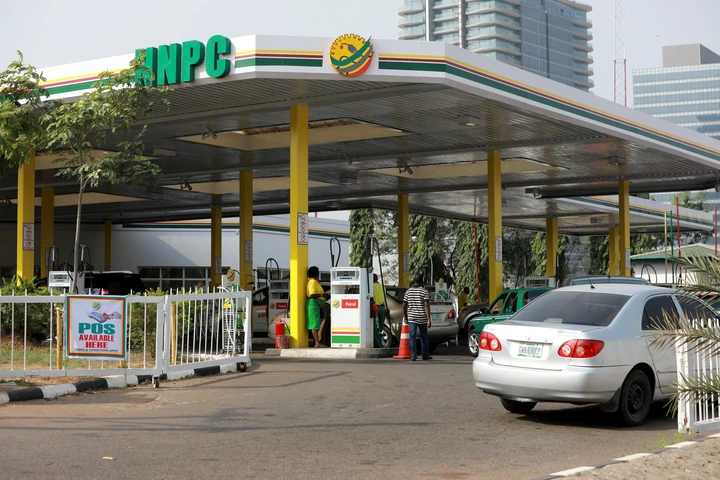
The ongoing volatility in fuel prices continues to trouble consumers, many of whom are already feeling the strain from rising costs in other areas of life. “I think the decision is not a bad one because the sector is volatile and prices are fluctuating. Today, it may go higher and tomorrow it may come down,” Gillis-Harry noted, suggesting that the unpredictability of the market complicates the situation for both retailers and consumers alike.As the government and stakeholders navigate this turbulent landscape, the implications of these price hikes extend beyond the immediate financial burden on Nigerians.
The ongoing adjustments in fuel prices indeed reflect broader economic trends and the complexities of managing such a critical sector in a challenging environment. With the rise in fuel costs, many are left wondering how this will impact their daily lives and the overall economy in the months ahead. It’s a tough situation, especially for those already feeling the pressure from rising costs in other areas. The uncertainty around fuel prices adds another layer of concern for consumers and retailers alike.


